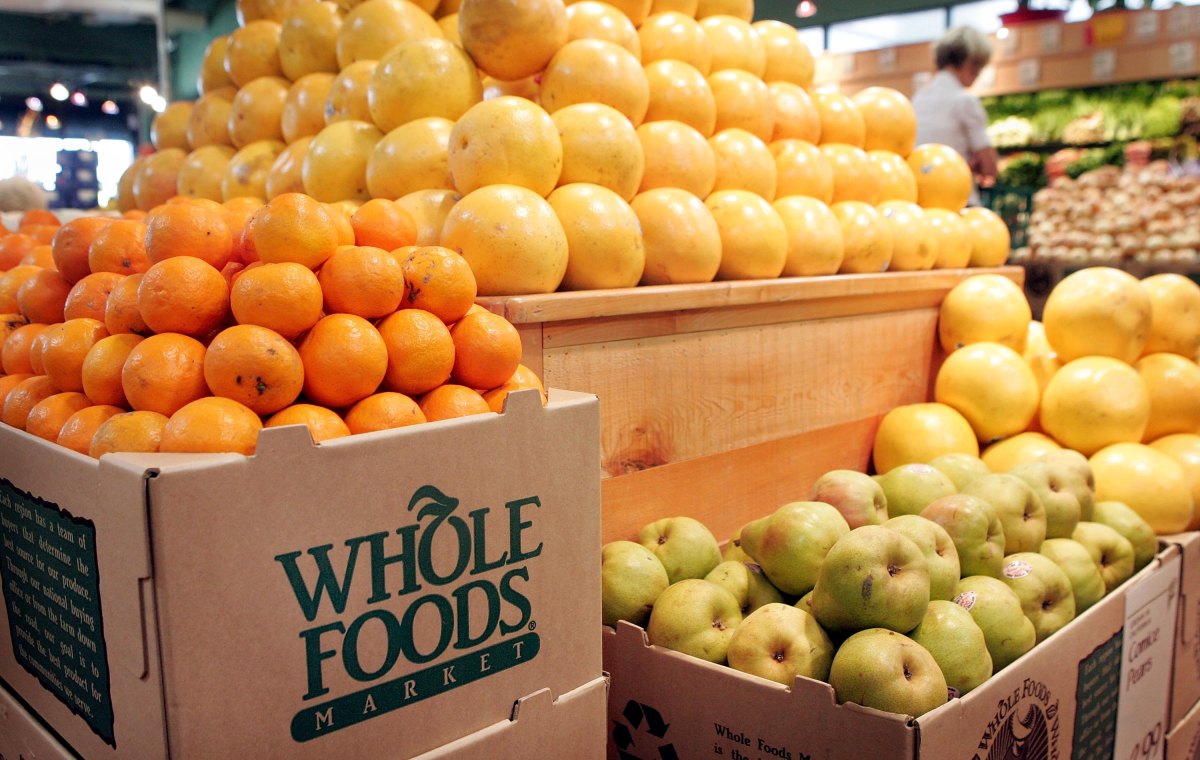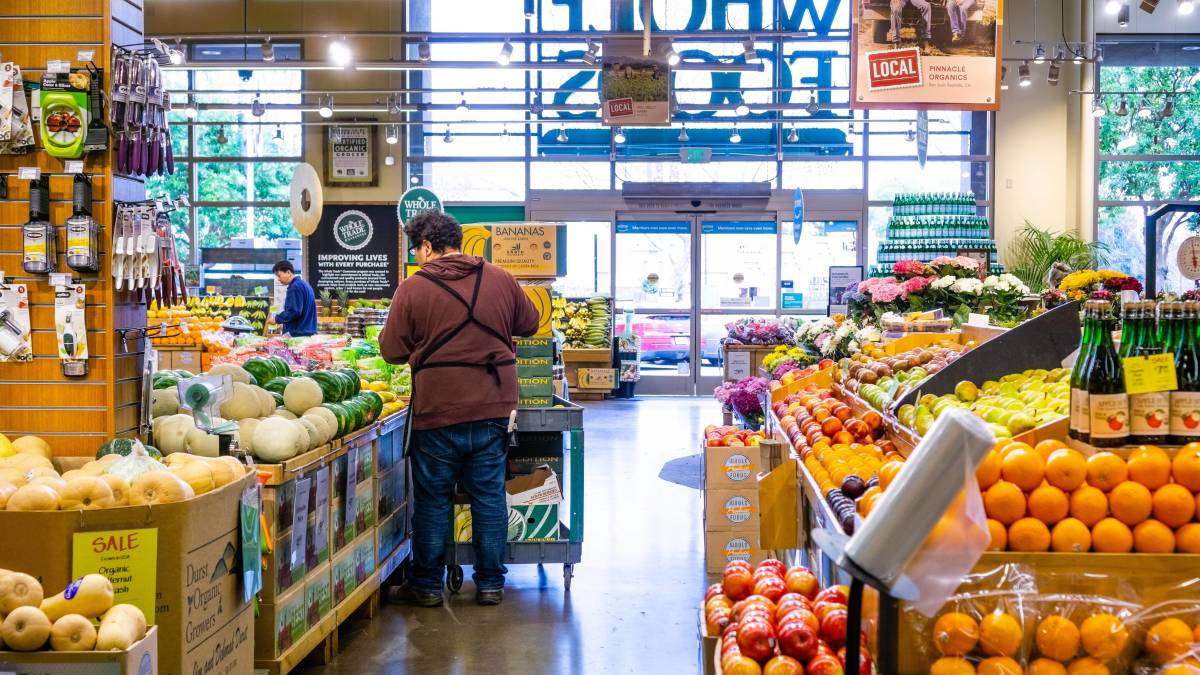
If you've made an ordinary trip to the grocery store recently, chances are it was anything but ordinary.
Changes, disruption, new innovations and fiercer competition have made what used to be a routine weekly task now far different than it may have been in years past.
Related: Walmart bringing back iconic brand that solves a major issue
A lot of those changes were inevitable, but Covid helped to usher them in far quicker than they might otherwise have rolled out.
Pause to consider something as simple as your local grocery store's parking lot, for example. Chances are, it now has more than a few newly minted parking spaces for drive up orders, where customers who put in their grocery orders ahead of time (and often pay first, too) are given priority parking access. Often, they aren't even required to get out of their car.
More food and restaurants:
- Popular restaurant chain filing for bankruptcy, closing all locations
- Starbucks makes big change customers will notice right away
- Nespresso, Keurig make biggest coffee changes yet
Your new grocery store might even be operating under a new banner, since a rapid consolidation by larger corporate giants have since gobbled up smaller, more regional competition in recent years, when the smaller guys were ripe for the taking.
And inside, in order to remain competitive, you may have noticed some new offerings when it comes to the actual food, too.
Everyone from gourmet grocers to budget buys seems to be upgrading their selection; consumers have made it clear that they now prize healthier alternatives and are willing to try trendy items, so long as it doesn't break the bank.

Sundry Photography/Shutterstock
Grocers make sweeping changes
Everyone from Whole Foods to Walmart (WMT) seems to be ushering in changes so their prices and offerings appear to be the most compelling amongst their peers.
They do this largely because they have the reach to attract millions of customers and pricing power to actually carry out sweeping, noticeable changes.
Walmart, the largest grocery store in the United States, has pledged to bring down its food prices to pre-inflation levels. But price cuts aren't enough. The retail giant has also begun stocking its shelves with a new budget-friendly line, called Bettergoods, which offers trendy and healthy alternatives to appeal to a broader audience.
Related: Walmart makes a move that will scare Costco, Trader Joe's
Bettergoods will total about 300 items, with prices ranging from $2-$15. The products will focus on better ingredients, gourmet flavors, and staples for inspired recipes. Some products include Pistachio Nut Butter, four ingredient Sweet Cream Dairy Creamer, and Oatmilk Non-Dairy Frozen Desserts.
Whole Foods makes a major change
But it's not just Walmart undergoing sweeping changes in 2024.
Whole Foods, the organic grocer owned by Amazon (AMZN) , is no stranger to overhauls. The health mainstay already bans over 250 harmful ingredients and additives, including:
- Hydrogenated fats
- High-fructose corn syrup
- Aspartame
- Sucralose
- Saccharin
- Bleached flour
- FD&C Yellow dye No. 6
- Many preservatives
- Synthetic smoke flavor
- Shark cartilage
- Tonka bean/extract
- Sodium lauryl sulfate
- Brominated vegetable oil
Now, Whole Foods has announced it's changing its policy on meats, saying it will transition to even stricter standards for animal welfare and meat quality.
It is now working with more third party programs that grade and approve of animal welfare standards across more varieties of meat to ensure its sourcing is humane and accessible.
The standards will now apply across more meats, including bison, veal, venison, duck, goose and quail as well as frozen, smoked, cooked and cured meat products. Some of the new third parties it now counts as partners include A Greener World, Humane Farm Animal Care and Regenerative Organic Alliance.
Whole Foods' current Global Animal Partnership’s Animal Welfare Certified program already applies welfare standards to beef, pork, chicken, turkey, lamb, and goat products in the butcher case. Now, all frozen, smoked, cooked, and cured products will now be required to meet its third party standards. And by 2026, customers will be able to see on the label of their meat products that each item has been approved by a third party.
Related: Veteran fund manager picks favorite stocks for 2024






